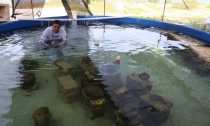
Scientists at the Regional Aquaculture and Fisheries Research Center in Puerto Morelos, Quintana Roo managed, for the first time in Mexico, to reproduce corals sexually in controlled environments and in an assisted manner, a historic achievement that gives hope for coral reef repopulation in the Mexican Caribbean.
The team led by Dr. Claudia Padilla, from Inapesca, has been working on coral reproduction for 10 years, but this is the first time that they have spawned these organisms in a controlled pond, which simulates sea conditions in temperature, light, waves, and current.
What is coral?
Coral reproduction is a complex process, for which it is necessary to first understand what a coral is.
These are colonial animals made up of a calcium carbonate base (skeleton) that covers a layer of l...
Read More









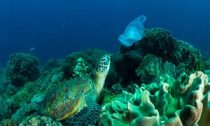
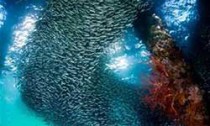
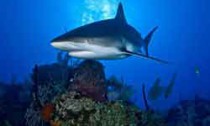
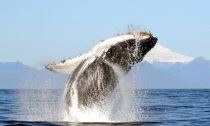
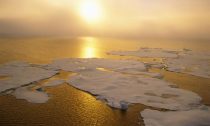
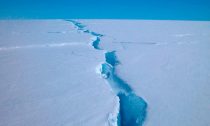
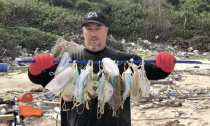
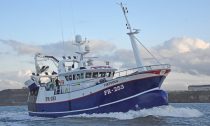
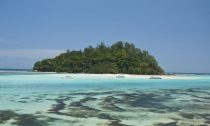

Social Profiles